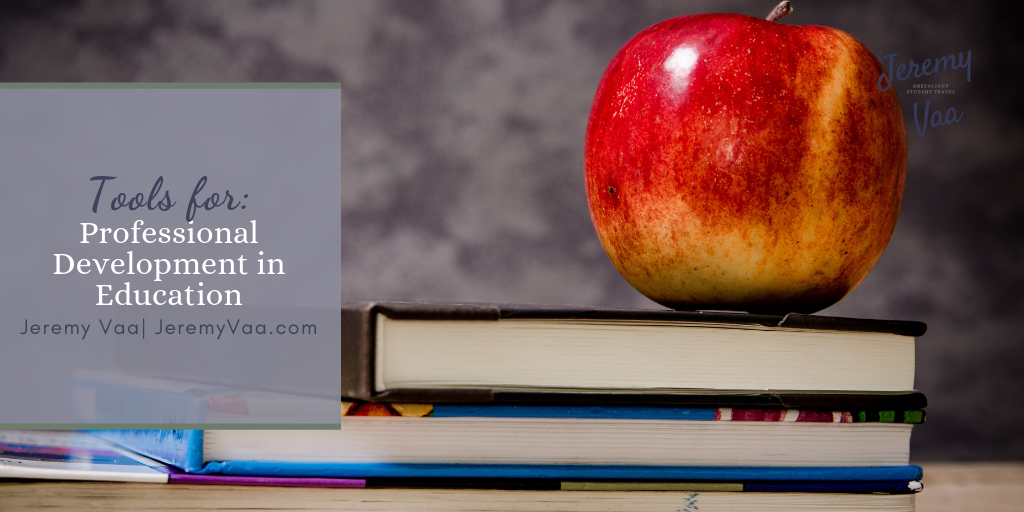During the summer months, some educators choose to take their vacations, and others pursue further education. Continuing education credits for teachers and other faculty at educational institutions can be completed in several different manners. There are many tools available for professional development in education. The first step is to determine what is required for certification purposes and what will be completed for primarily personal and professional development.
Online Continuing Education
Many continuing education requirements for educators can be met online. Various schools and institutions post videos, courses, and other informational materials that count toward annual continuing education credits. In addition to the specific criteria that must be met on a federal, state, and local level, independent school districts also have their own requirements for professionals in education. Aside from the standard industry requirements, teachers and staff of education facilities also have some flexibility to include continuing education credits from areas that are of interest to them personally.
Expand Areas of Expertise
With so many tools for professional development in education readily available, teachers and staff have the option to improve their skill sets instantly. Websites such as Coursera, ed2go, and TeachHUB offer a plethora of resources for educators. Depending on what a specific educator wants to achieve, there is an online assistance tool to help them complete their goals. Niche sites that have developed resources and tools specifically for educational industry professionals are among the fastest-growing websites in the country. Educators will find everything they need to complete their continuing education and learn about new ideas for improving their curriculum.
Take Advantage of Peer Experience
Whether a teacher wants to learn more about history for their personal growth or are seeking effective new ways to incorporate difficult algebraic concepts to their curriculum, there is one place that will always have a ready answer. Experienced educators know how to get the job done and how to relay even the most difficult materials to students. They can overcome every challenge, whether it happens in the classroom or on an extended field trip. Networking is one of the most important educational development tools for educators. By working jointly, either socially or professionally, with others in the field, educators can increase their efficiency and knowledge.

